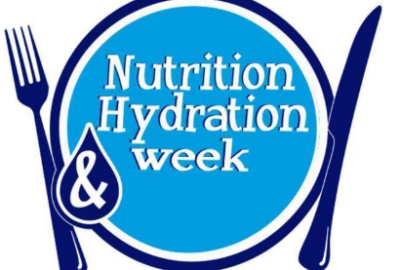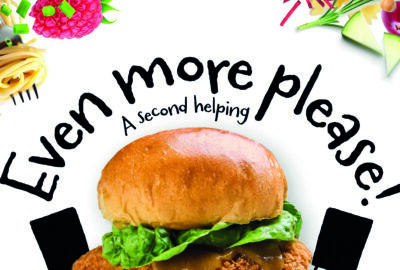Earlier this year Tops Day Nurseries, which runs 32 nurseries in Dorset and Hampshire, introduced venison to their lunch menus, offering it in meals three times a week on a three-week cycle, totalling 3,000 wild meat meals per month.
Tops Day Nurseries
Peter Ttofis catering manager at Tops Day Nurseries says, “The feedback has been excellent from pupils and parents, with some parents asking if they can join the children for lunch. We incorporated venison into dishes children are familiar with – for example, venison Bolognese and lasagne. We tend to use minced venison as it’s easier for children to chew and eat, so it’s no different to using any other mince. People often imagine venison being extortionate in price, but in reality it is no different to beef. Venison is nutritious, with less fat and more minerals than lamb, beef and pork, as well as not being subjected to growth hormones which we often see in commercially produced meat.”
When Cheryl Hadland, founder of Tops Day Nurseries, visited Scotland, she learned about the volume of deer being culled due to their increasing numbers and to limit the damage caused to the environment. This inspired the team and after working with Leon Challis-Davis, culinary director at Eat Wild, they began to introduce it and have since received a number of enquiries from other nurseries and schools keen to learn from their experience.
“There are many reasons why getting wild and sustainable meat onto school menus is so important. It’s crucial that the younger generation eats more nutritional and vitamin-rich food to help them develop. Wild meat, including venison, is not only healthier, but it’s also more sustainable and much more flavoursome, too,” says Leon. “The best way to serve venison is to use it as a healthier substitute for red meat. The cost is down to the supplier – we can help schools find the most economically viable venison.”
Queen’s College
At Queen’s College school in Taunton, pupils are taught how to prepare game meat supplied by local shoots. The college also educates them on the provenance of game, from rearing through to cooking. This is done in collaboration with The British Association for Shooting and Conservation (BASC) with BASC members Simon and Celine Peniston-Bird directly involved in helping the school source game. Pupils aged 8 to 18 are not only served game regularly, but they are also taught how to cook with it.
Joe Mann, Head of Faculty of Art, Design and Food at Queen’s College, who won BASC Eat Game’s Champion of Champions Award this year for his contribution to educating the next generation about game meat, says, “Game provides a fantastic opportunity to educate pupils about food provenance and food sustainability. It is a versatile, healthy ingredient, which pupils like preparing in our kitchen classrooms to demonstrate high-level meat preparation skills.”
Dishes include game pies, savoury game bakes, game goujons and pan-fried game on a homemade bruschetta with homemade mayonnaise. He adds, “This year pupils even made a truly amazing creamy savoury venison ice cream with coriander served with a balsamic glaze.”
Find out more
Visit https://eatwild.co/ and https://basc.org.uk/ for more information.



